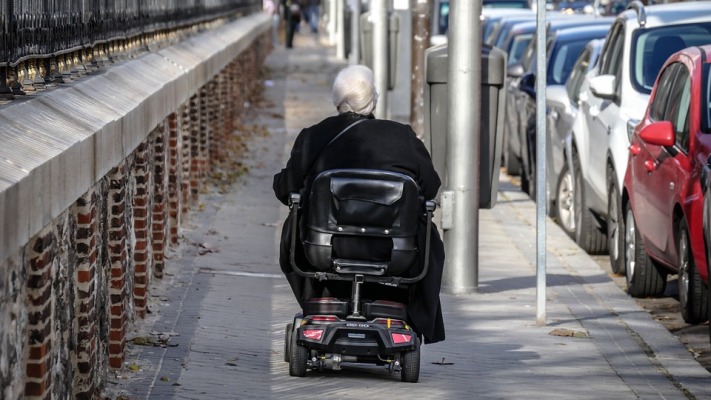Stroke and other cerebrovascular diseases account for around 7% of all deaths in OECD countries. Ischemic stroke is the third most often cause of death in the Czech Republic.
The Czech Republic is slightly above the European average. Every day, around 30 people die of stroke in the Czech Republic. Every day, around 120 people experience a stroke, claims one of the most recognized Czech neurosurgeon professor David Netuka in magazine Reflex. “The risk of stroke is augmented by our unhealthy lifestyle: smoking, drinking alcohol, eating fat food, and unwillingness to see the doctor often enough,” professor Netuka adds. The risk of stroke increases with age.
Stroke or a “brain attack” occurs when the blood supply to a part of the brain is interrupted, leading to a necrosis (i.e. the cells that die) of the affected part. Big daily temperature swings seem to land more people in the hospital with strokes.
American Myoclinic recommends to watch for these symptoms if you think you or someone else may be having a stroke. Seek immediate medical attention if you notice any signs or symptoms of a stroke, even if they seem to fluctuate or disappear. They may occur separately or in combination.
Think “FAST” and do the following:
- Face dropping. Ask the person to smile. Does one side of the face droop? Sudden trouble seeing in one or both eyes.
- Arm weakness. Ask the person to raise both arms. Does one arm drift downward? Or is one arm unable to raise up? Sudden numbness or weakness of face, arm or leg. Especially on one side of the body.
- Speech difficulty. Ask the person to repeat a simple phrase. Is his or her speech slurred or strange? Sudden confusion, trouble speaking or understanding speech.
- Time. If you observe any of these signs, call ambulance immediately.
Don’t wait to see if symptoms go away. Every moment counts. The longer a stroke goes untreated, the greater the potential for brain damage and life-time long disability.
Title picture: Pixabay.com








